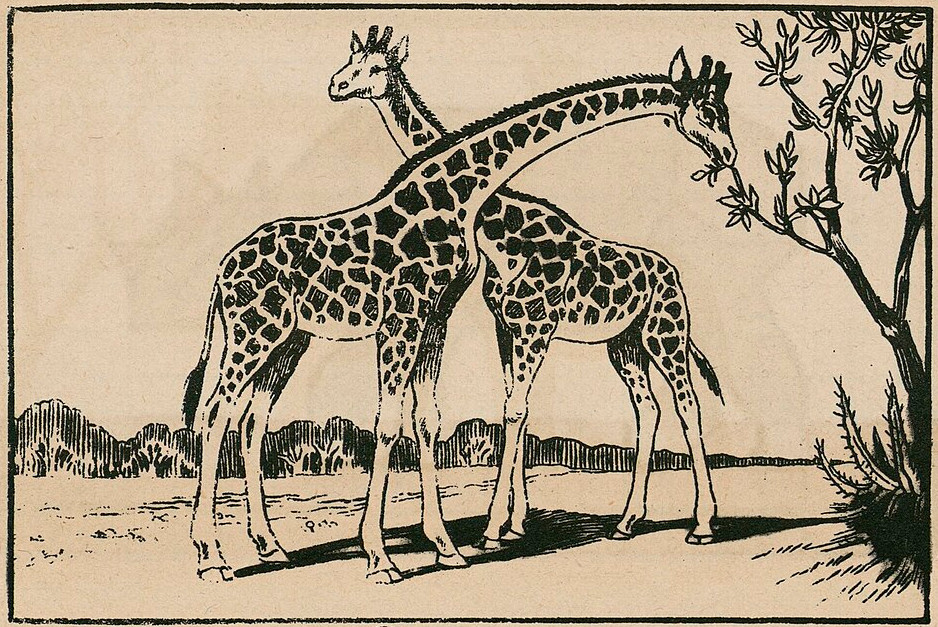Sign, spotted by Ellen Feld. It was in the window of a Cincinnati sporting goods store and this is what it said:
NOW IS THE DISCOUNT
OF OUR WINTER TENTS
— Ron Alexander, “Metropolitan Diary,” New York Times, March 15, 1989
Sign, spotted by Ellen Feld. It was in the window of a Cincinnati sporting goods store and this is what it said:
NOW IS THE DISCOUNT
OF OUR WINTER TENTS
— Ron Alexander, “Metropolitan Diary,” New York Times, March 15, 1989
Visiting Lord Byron in 1821, Percy Shelley wrote to his friend Thomas Love Peacock:
“Lord Byron’s establishment consists, besides servants, of ten horses, eight enormous dogs, three monkeys, five cats, an eagle, a crow, and a falcon; and all these, except the horses, walk about the house, which every now and then resounds with their unarbitrated quarrels as if they were the masters of it.”
He added in a postscript: “I have just met on the grand staircase five peacocks, two guinea-hens, and an Egyptian crane. I wonder who all these animals were, before they were changed into these shapes.”
My will contains directions for my funeral, which will be followed, not by mourning coaches, but by herds of oxen, sheep, swine, flocks of poultry, and a small travelling aquarium of live fish, all wearing white scarves in honour to the man who perished rather than eat his fellow-creatures. It will be, with the single exception of Noah’s Ark, the most remarkable thing of the kind yet seen.
— George Bernard Shaw, letter to The Academy, Oct. 15, 1898
Very high and very low temperature extinguishes all human sympathy and relations. It is impossible to feel affection beyond 78° or below 20° of Fahrenheit; human nature is too solid or too liquid beyond these limits. Man only lives to shiver or to perspire. God send that the glass may fall, and restore me to my regard for you, which in the temperate zone is invariable.
— Sydney Smith, letter to Sarah Austin, July 1836

Twenty-two acknowledged concubines, and a library of sixty-two thousand volumes, attested the variety of his inclinations; and from the productions which he left behind him, it appears that the former as well as the latter were designed for use rather than for ostentation.
— Edward Gibbon, on the Roman emperor Gordian II
A passage from Irene Iddesleigh, by Amanda McKittrick Ros, arguably the worst novel ever written:
‘False woman! Wicked wife! Detested mother! Bereft widow!
‘How darest thou set foot on the premises your chastity should have protected and secured! What wind of transparent touch must have blown its blasts of boldest bravery around your poisoned person and guided you within miles of the mansion I proudly own?
‘What spirit but that of evil used its influence upon you to dare to bend your footsteps of foreign tread towards the door through which they once stole unknown? Ah, woman of sin and stray companion of tutorism, arise, I demand you, and strike across that grassy centre as quickly as you can, and never more make your hated face appear within these mighty walls. I can never own you; I can never call you mother; I cannot extend the assistance your poor, poverty-stricken attire of false don silently requests; neither can I ever meet you on this side the grave, before which you so pityingly kneel!’
Mark Twain called it “one of the greatest unintentionally humorous novels of all time.” The whole thing is here.
The avoid creating duplicate street names in Columbia, Maryland, developer The Rouse Company took its inspiration from famous works of art and literature. Street name maven Howard Channing cited these as some of his favorites:
These and more are listed in Paul Dickson’s 1996 book What’s in a Name?, and the town once published a book with the whole story. This database catalogs some of the names’ origins. Channing called Columbia the most “provocatively and imaginatively” named town he’s studied.
A Man with a Shotgun said to a Bird:
‘It is all nonsense, you know, about shooting being a cruel sport. I put my skill against your cunning — that is all there is of it. It is a fair game.’
‘True,’ said the Bird, ‘but I don’t wish to play.’
‘Why not?’ inquired the Man with a Shotgun.
‘The game,’ the Bird replied, ‘is fair as you say; the chances are about even; but consider the stake. I am in it for you, but what is there in it for me?’
Not being prepared with an answer to the question, the Man with a Shotgun sagaciously removed the propounder.
— Ambrose Bierce, Fantastic Fables, 1899

Art is limitation; the essence of every picture is the frame. If you draw a giraffe, you must draw him with a long neck. If, in your bold creative way, you hold yourself free to draw a giraffe with a short neck, you will really find that you are not free to draw a giraffe.
— G.K. Chesterton, Orthodoxy, 1908
The names of 13 Jane Austen characters are hidden in the following lines as anagrams of complete consecutive words. For example, “was ill” yields WALLIS. (The names to be found are women’s first names and men’s surnames, as in Austen.) In most cases the anagrams are hidden in two words, but twice they’re in three, once in four, and once in a single word. What are they?
The other day when I was ill
And not a soul I knew came nigh,
Jane Austen was my daily fare —
I rather liked to be laid by.
Each line or page enthralls me quite,
I there can let no man deride;
I may be ill as a wight can be,
But, Jane with me, am satisfied.
In bed my ease is nil, yet I’ll
Be lying therein at any rate
Content. With Jane to chortle at
How can I rail at Fate?